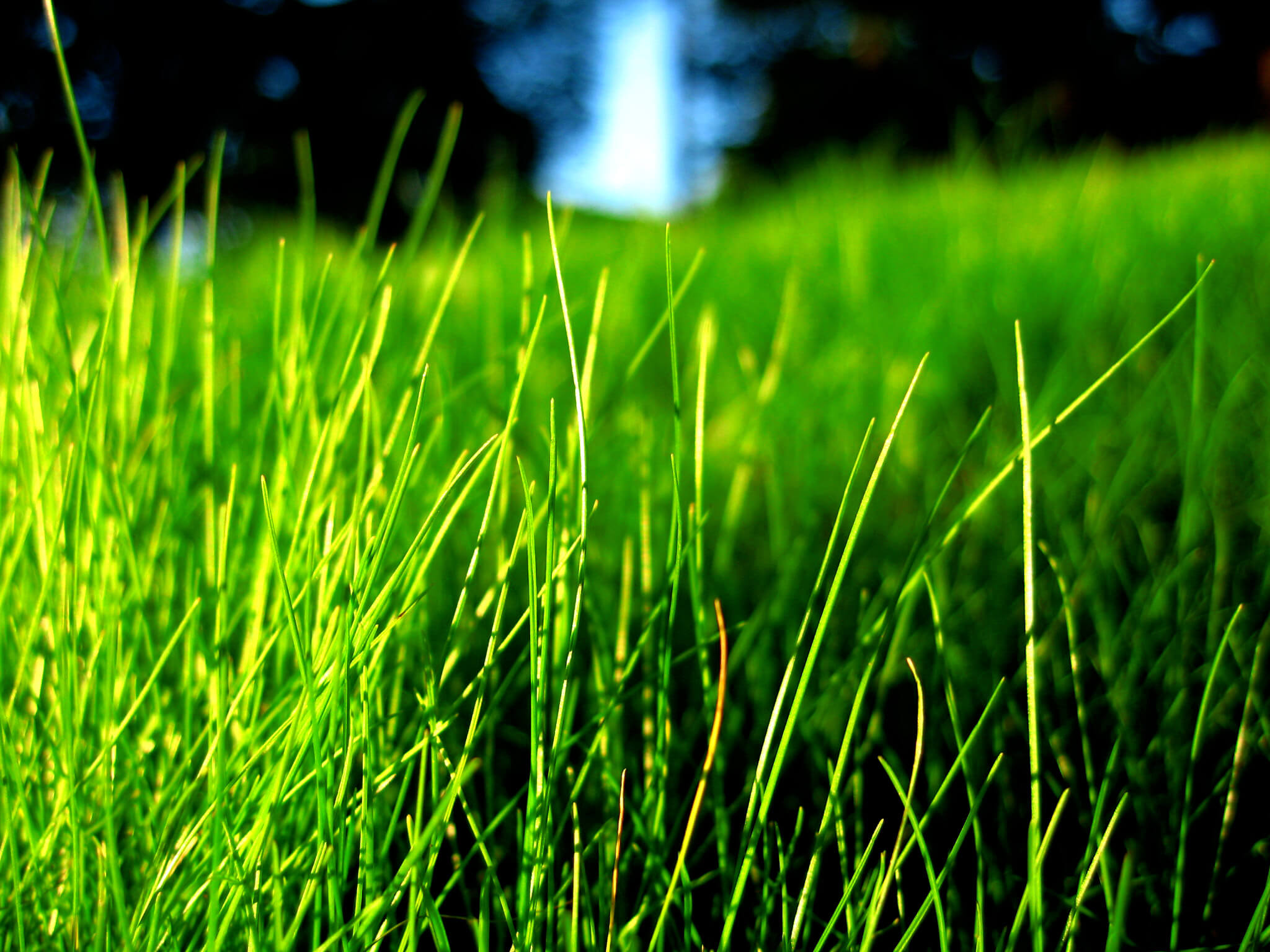
When it comes to choosing a grass type suitable for Atlanta’s climate, there are a variety of options available. Many homeowners choose Fescue as their turf of choice. If you’re currently in the market to plant new grass and enjoy a rich, green lawn throughout the colder months, Fescue may be your best option.
Fescue is a cool-season grass, meaning it thrives in colder weather. Fescue grass offers the possibility of a green lawn all year long with its durable tolerance to drought and shade. Fescue may go dormant in extreme cases of drought, but is able to bounce back once water is available. Its hearty root system equips it to grow in Georgia’s infamous clay soil. When choosing your grass type, there are many types to choose from within the Fescue family. The newer turf-type Fescues on the market offer more benefits than the older tall Fescue varieties. They’re more tolerant to traffic, heat and disease.
Planting Fescue: Early fall, from September to mid-November, is the ideal time to plant Fescue. The milder temperatures enable the grass to establish a strong root system and will help it outlast stress from the upcoming summer heat. Seeds are still a common way to plant Fescue, but sodding is also gaining popularity. Since soil provides the foundation for a healthy lawn, make sure your soil is effectively prepared for planting by tilling and conditioning it with compost to give your new lawn the best chance of thriving.
Organic Fescue Maintenance: Amazing lawns only evolve with a lot of TLC. Once your Fescue is planted, its critical you properly maintain it so it establishes itself into the lawn you desire.
- Fertilization: Do not fertilize Fescue in the summer. Apply organic fertilizers in the spring and fall or sign up for an organic lawn care program that has a fertilization program.
- Weed Control: Your best bet for controlling weeds is to build healthy soil with organic fertilizers. Weeds are an inevitable part of organic lawn care but you can address them with organic herbicides or by hand-pulling them. Remember, over time, an organic lawn care regimen will build up your soil, make your grass stronger and fuller and weeds will become fewer and fewer.
- Watering: Fescue requires at least an inch of water, even through the winter, and sometimes closer to two inches in the summer. If you notice the blades of grass remain flattened from foot traffic, it’s time to water. Remember to follow smart watering habits like watering in the morning and reducing water waste from irrigation systems by making sure the heads are aimed effectively.
- Aeration and Overseeding: Since Fescue can take a beating from the brutal Atlanta summers, it’s a good idea to aerate and overseed each fall to fill in the bare spots. This will also enhance your turf’s natural absorption of water and nutrients. We offer this service or you can do it yourself by roughing up the bare spots with a rake, then seeding and covering with Fescue straw. You must keep the area moist for the first two weeks.
- Mowing: Mow your Fescue at a height between 1.5 to 3 inches. Only remove one third of the blade height per mowing or this will result in scalping your lawn. Leave the clippings on the lawn as an organic and cheap way to help restore nutrients to the soil.
With proper planting and maintenance, a Fescue lawn can provide an impressive, thick lawn that will really up your curb appeal. If you want to ensure your Fescue turf is getting the organic care it requires to stay healthy, contact us to set up a service call.

